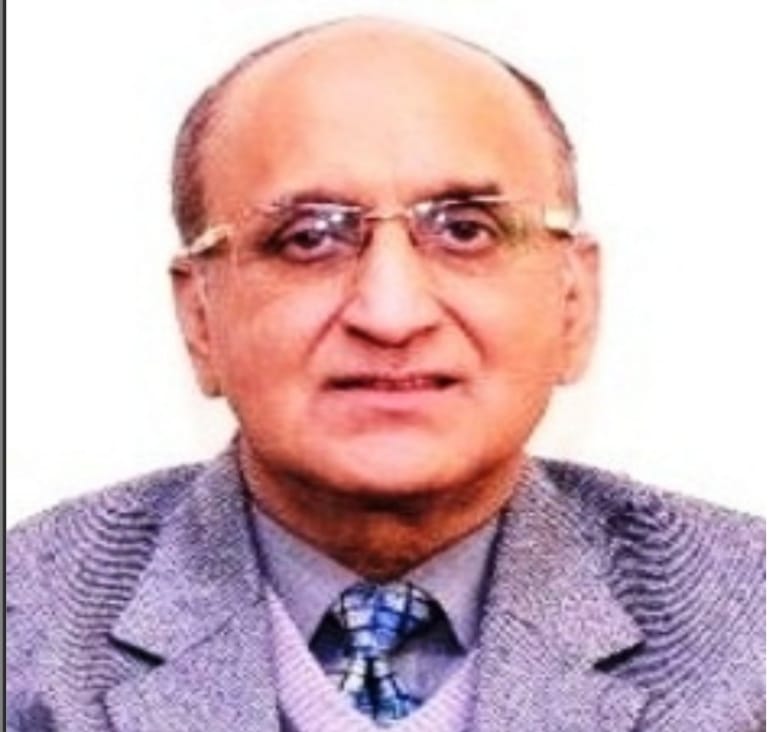Initiative by mosque panel preserved communal harmony
The Muslim community and mosque committees of Shimla and Mandi created a history of sorts when they voluntarily decided to demolish the illegal structures which was the root cause of the recent communal tension, thereby defeating the “game plan” of the communal elements to destroy the social fabric of the state.
State known for peaceful co-existence
- The Shimla incident is worrisome in a state known for its peaceful co-existence. It is a reminder that Himachal Pradesh, like other parts of India, is vulnerable to rising tide of communalism.
- Without quick action, the fallout from such incidents could affect state's social and political landscape, damaging its harmony and prosperity.
Such exemplary and bold decision proved as a saviour of the centuries- old harmonious relationship between Hindus and Muslims, besides setting a precedent for ensuring harmony in the country. Hindu organisations were at the forefront of the protests, backed by the BJP, but they failed to exploit the matter for political gains.
In this situation, contradictory statements by Rural Development Department Minister Anirudh Singh and local Cong MLA Harish Janartha created an embarrassing situation for Chief Minister Sukhvinder Singh Sukhu.
The Congress minister and local MLA worked at cross-purposes, which tarnished the secular image of the state government, but the intervention of the CM helped douse the communal fire.
Hindu organisations tried to spread the issue of illegal mosques’ constructions to other places also, but common people did not join them as such illegal structures have been constructed by other religious bodies also and none can dare to dismantle them.
Experts feel that the incidents involving the Shimla and Mandi mosques controversy stem from the perception of a growing communal divide, fuelled by national political rhetoric and Hindu outfits. Factors like political polarisation did contribute to this phenomenon.
Shimla, like other urban centres, has seen a rise in the migrant population and this demographic shift has occasionally been met with resentment by sections of the local population, leading to a strained co-existence. The rise of communal tension in Shimla and Mandi was exacerbated by social media, where misinformation and provocative content did spread quickly, adding fuel to the fire. The recent communal incidents became a flashpoint in local politics, with political parties, especially the saffron party, attempting to gain mileage, but in vain.
In the final assessment, the Shimla incident is worrisome in a state known for its peaceful co-existence. While the situation has been contained for now, it serves as a reminder that Himachal Pradesh, like other parts of India, is vulnerable to the rising tide of communalism. Without immediate action, the fallout from incidents could affect the state’s social and political landscape, damaging its harmony and prosperity.
— The writer is a political analyst and columnist based in Shimla









